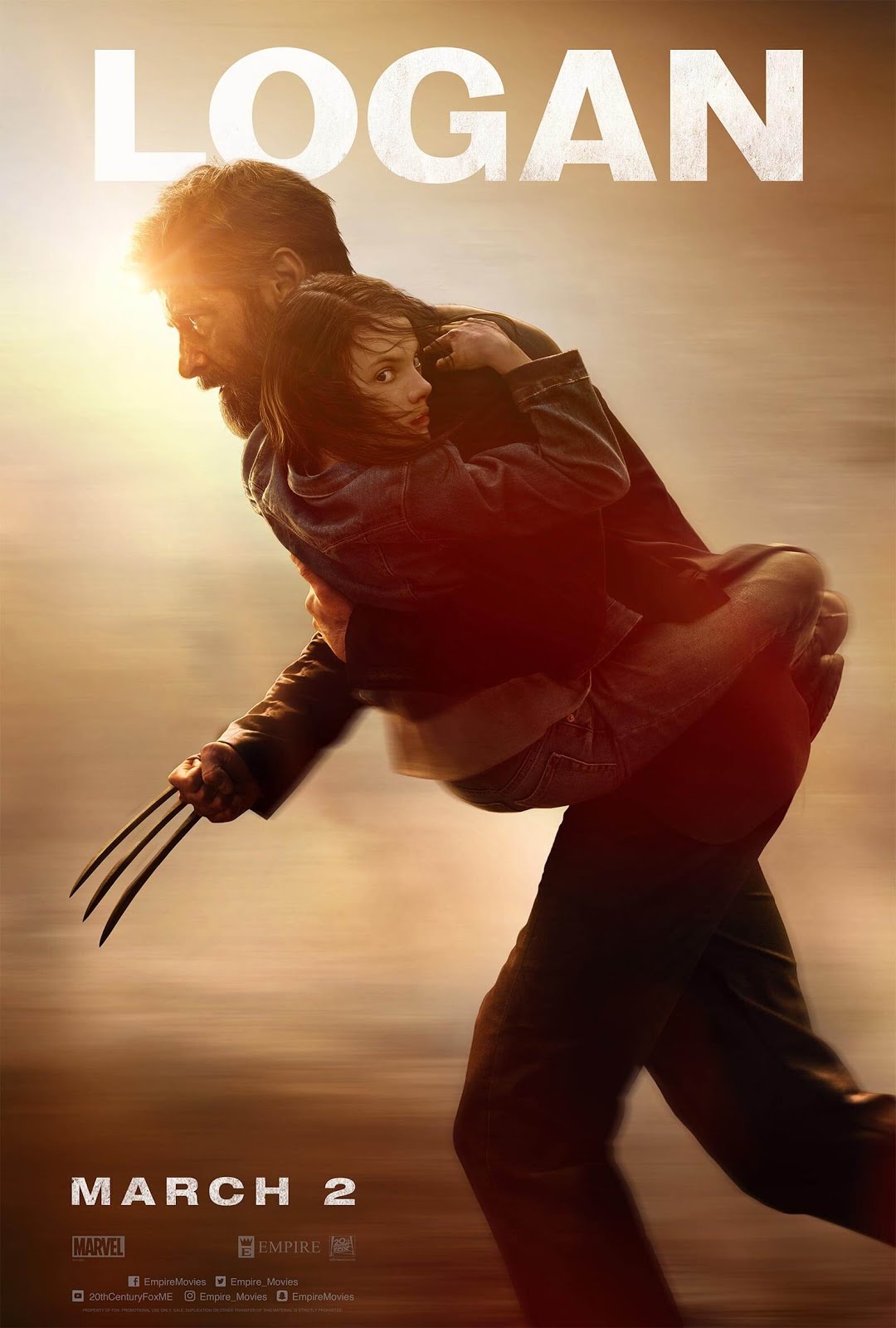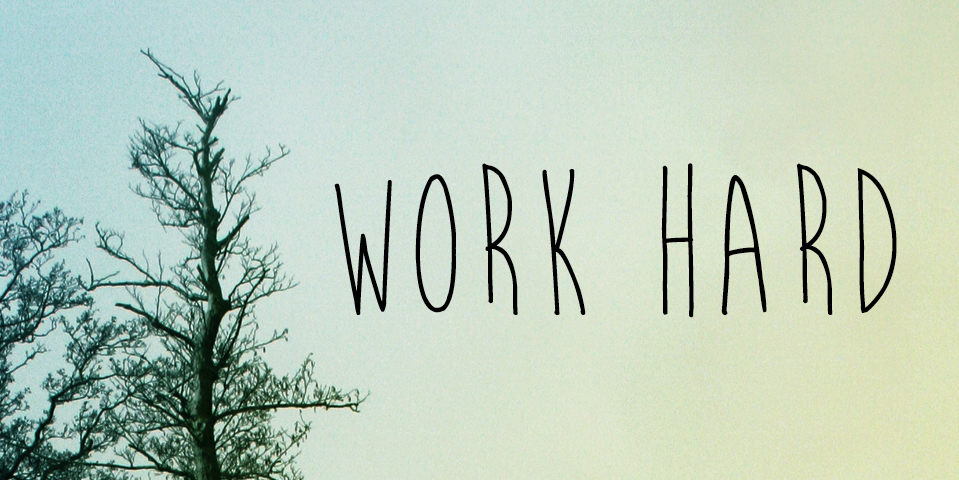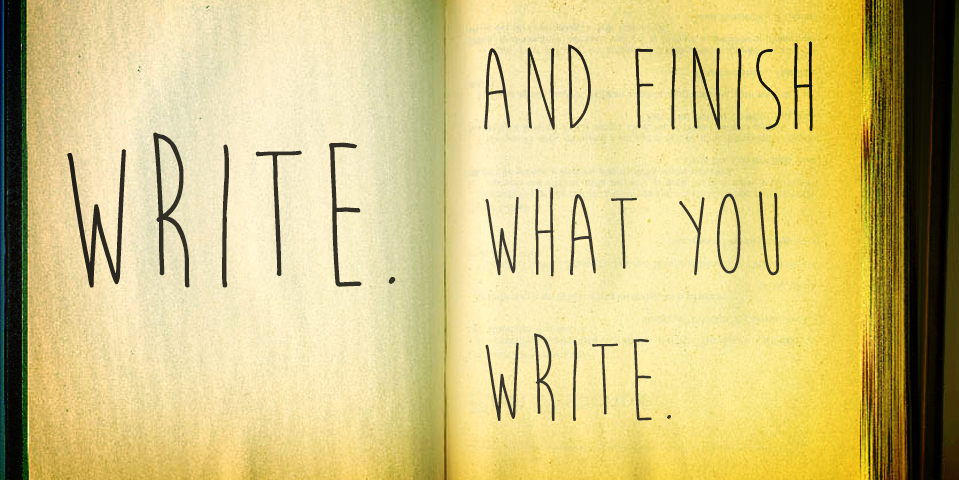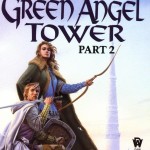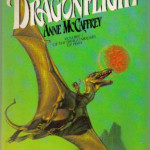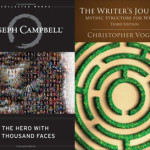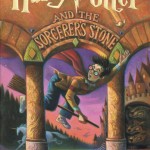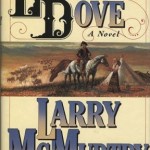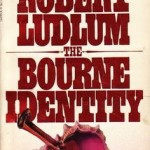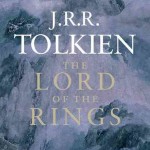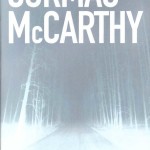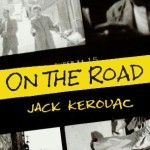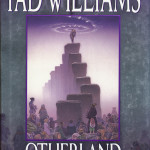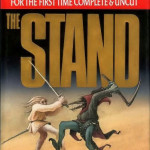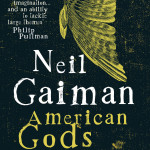I loved this film. It might even be the second-best superhero movie of all time (the first being The Dark Knight, you spoon). It might, after I rewatch it, have taken the top spot of Best X-Men Movie from X-Men: First Class. It was filmed in New Mexico and my desert-rat heart leapt for joy. It was brutal, sad, uncompromising, and ultimately altruistic — just the way I like it. It was heavily focussed on character, each so rich by the time I left the theater, I felt I’d actually met them.
But you know what? I’m gonna talk shit about it. Because, in the words of a screenwriter I greatly admire, Allen Palmer, it wasn’t a transcendent story. There was no ecstatic agony. And I got a high-ass perfectionist quality standard. Logan was a great film — but not as great as it could’ve been.
LET’S BREAK IT DOWN
****SPOILERS FOR THE LOVE OF GOD DONT’ READ IF YOU HAVEN’T SEEN THE MOVIE****
Start with the Resolution, (or as Dan Well calls it, the seventh plot point). Also known as the ending. I’m using the synopsis on IMDb to support memory.
- Resolution: Laura shoots X-24 in the head while Logan gets his ass kicked to death.
Logan had nothing to do with the final climactic moment, that release of tension when the bad guy dies. Laura takes action, ridding our protagonist, Logan, of his agency right at the crucial moment.
Also, where was the devilishly difficult, character-driven choice for him to make? Before this, the last choice Logan made was to ignore that one kid’s warning and shoot all that green stuff up at once. No crucial choice there that pitted want against need. What about after that, when he gets sassy with Doctor Rice and then shoots him in the face? Definitely not a difficult choice, not crucial, no poignant want vs need — just a good laugh.
(Maybe you could argue here that when he shot up the green stuff, he was choosing between his want — being healthy and not dying — and his need — caring about those kids and saving them. But was his want really to be healthy and not die? I got the sense he was just looking for a good reason to end it all. The whole movie was basically: Logan really wants to die, so when we kill him later, you’ll feel like it was a kindness and not be upset with us.)
It isn’t enough that Logan sacrifices himself. Give him a devilishly difficult choice that reveals character and forces him to choose between what he wants, and what he needs — then give Logan, not Laura, the action at the climax! All Logan does at the climax is get impaled on a tree.

“Logan, this doesn’t feel like a transcendent climax!” “No, but it’s sad and brutal, and that’s mostly what we were going for.”
(There is another argument: maybe Laura was Logan shooting the gun in some way, a sort of proxy choice. This would mean that because Laura learned how to kill X-24 from Logan, and Logan gave her the adamantium bullet, Laura killing X-24 was actually Logan’s skill/ability. This is still a weak justification for removing agency and not including a devilishly difficult choice for Logan at the climax. Laura shooting X-24 was just a basic relief. I wasn’t crying like ‘oh the humanity!’)
Now let’s jump back to the Hook, point one. How the protagonist (Logan) started. This should be the opposite of how he ends (point seven).
- Hook: Logan rages-out and murders a bunch of cholos. He’s sad and down on his luck.
Now let’s do the Midpoint, point four. There are a lot of different definitions and schools of thought on how exactly the Midpoint should go, but I think it’s when the character is confronted with their fundamental flaw, and then forced, kicking and screaming, to admit it. This changes a person. For the rest of the story, the protagonist goes on having gained something, which they are threatened with losing later at the climax. It’s also when the true nature of the conflict is revealed. Midpoints are super important.
There are a few options:
- Midpoint Option A: The bad guys kill the nice family. Logan nearly gets his ass beat by the physical embodiment of rage without love, X-24.
Here, Logan’s flaw is his rage, and his arc is about him dealing with the shit he’s done, the people he’s killed. Aka: Logan rages out too much.
- Midpoint Option B: After a wonderful dinner with the ranch family, Charles tells Logan, “This is what life looks like: people love each other. You should take a moment.”
This means that Logan’s flaw and character arc is about him being emotionally numb and refusing love.
Let’s think about Plot Point 2 and different Resolution moments to figure the Midpoint out.
Plot Point 2 is the sixth point and the crazy-hot friend of Plot Point 1. PP2 is where we get the last bit of setup we need to lay out the final conflict, and where the protagonist chooses to move forward into Act 3. It’s the trickiest plot point to nail down. There are two options here too. Maybe we’re getting into separate-but-interwoven character and action plots?? I told you it was a good damn movie!
- PP2 Option A: Logan sees helicopters zeroing in on the kids, decides to shoot up and become a rage monster, and bounds off into the woods.
Main conflict: Bad guys attacking kids (we don’t know that shooting up is going to wear off super quick and fuck Logan up, so choosing to use all of it doesn’t do much to indicate conflict; important set-up though).
- PP2 Option B: Before bed, Laura asks Logan if he will come with them. He says no and they go to bed angry. In the morning, Laura’s gone.
Main conflict: Logan refusing love, estranging himself from his daughter.
We’ve got two pretty distinct plots going on here. Let’s list them out now we’ve got so many points ready (and I’ll just fill in the rest real quick).
Plot A

In a nutshell.
- Hook: Logan rages-out and murders a bunch of cholos. He’s sad and down on his luck.
- PP1: Laura shows up after Logan finds Gabriela dead at the hotel.
- Pinch 1: Charles almost melts the collective brain of Las Vegas.
- Midpoint: The bad guys kill the nice family. Logan nearly gets his ass beat by the physical embodiment of rage without love, X-24.
- Pinch 2: They bury Charles. Logan rages out.
- PP2: Logan sees helicopters zeroing in on the kids, decides to shoot up and become a rage monster, and bounds off into the woods.
- Resolution: Laura shoots X-24 in the head while Logan gets his ass kicked to death.
Plot B

- Hook: Logan is rough and distant to Charles, an old friend physically unable to give Logan love (which Logan would probably reject anyway).
- PP1: Logan tries to leave Laura behind but it doesn’t work out.
- Pinch 1: Charles almost melts the collective brain of Las Vegas.
- Midpoint: After a wonderful dinner with the ranch family, Charles tells Logan, “This is what life looks like: people love each other. You should take a moment.”
- Pinch 2: Charles dies.
- Before bed, Laura asks Logan if he will come with them. He says no and they go to bed angry. In the morning, Laura’s gone.
- Laura saves Logan, but it’s too late. She calls Logan, “Daddy.” Logan feels love. He’s happy to have a daughter. He dies.
I both think these plots are valid (as in, they’re clearly in the film), and that they both suffer from the same weak character choices. Logan is such a strong character and the dialogue and acting were so good, so realistic, it’s almost difficult to see the flaws in the story. But in both plots, what dilemma does Logan struggle with? What does he choose between? If it was supposed to be a big deal that he decided to go save the kids from a bunch of armed men intent on enslaving them as child-solider-lab-rats… come on. Not a big deal. Did anyone actually worry he might decide to leave them behind? No difficult choices in this film, except maybe when Charles pressured Logan into staying with the nice ranch family, but Logan gave in super easily and not at all like he actually cared very much.

One more thing. We were haunted by the Westchester incident with Charles the whole movie — then he just remembers it suddenly while sleeping, pretty much out of nowhere, promptly has a realization about himself and Logan, and dies. The realization itself was powerful, but it was too left field. In the original Logan script, they were planning to shoot the Westchester incident as a prologue scene, but took it out because it made the movie too much about the death of the mutants and not enough about Logan. I agree the as-is opening is great, but they shouldn’t have deleted the Westchester scene entirely — they should’ve moved it!
Imagine we are with Charles as he remembers. We live through the panic with him, see the friends he just murdered, see Logan horrified at being the only survivor. We wake up with him back in the present, experience this realization about Logan as Charles does, then — HOLY FUCK! He dies. My chest is tightening just thinking about it. I would’ve sobbed like a little baby. As it was, it was still awful, shocking, the worst… but I wasn’t moved as other films have moved me. I didn’t cry.

Do you agree with my analysis? Did I miss something? Tell me what you think! Discussing movies and books like this is basically my all-time favorite thing to talk about, so let’s go!

